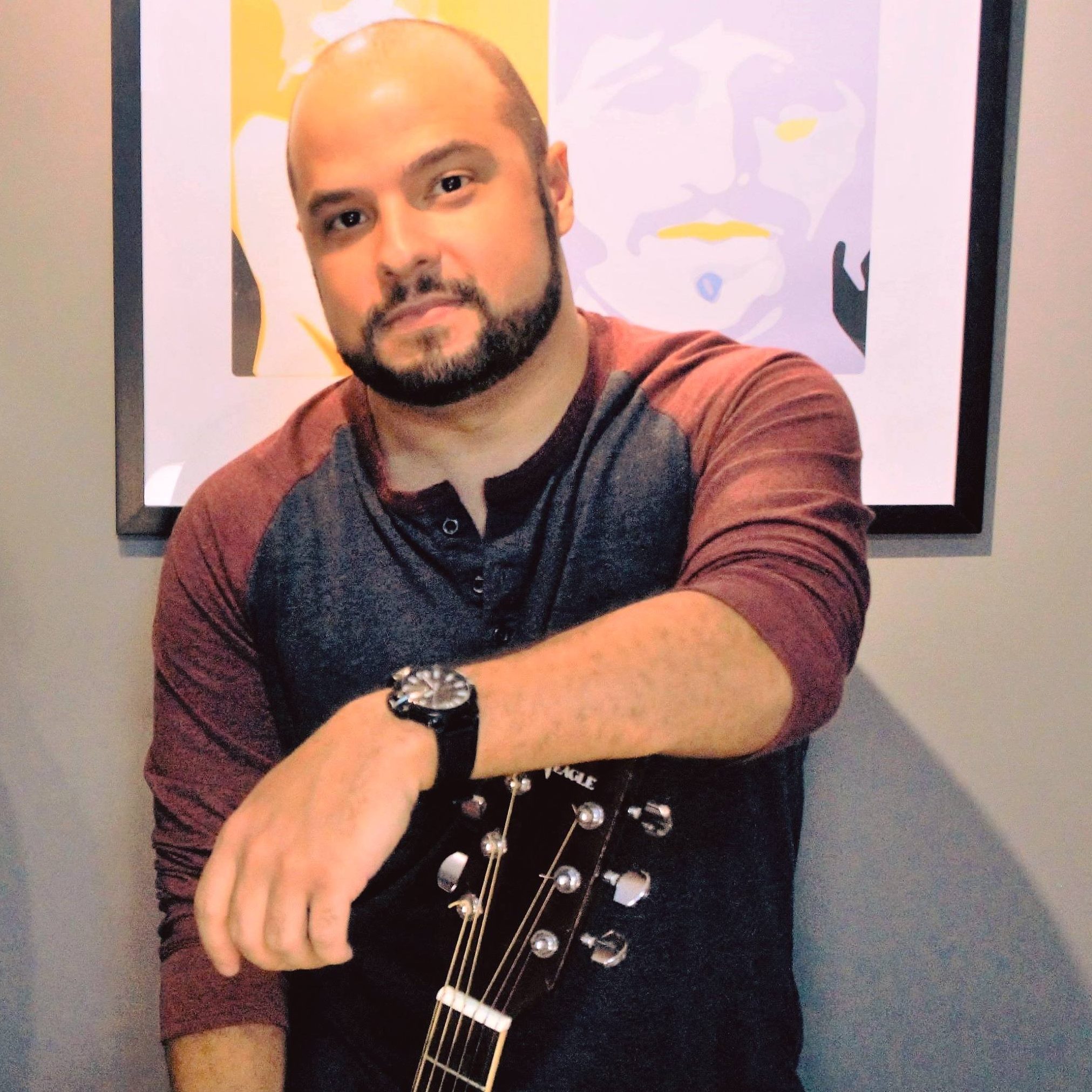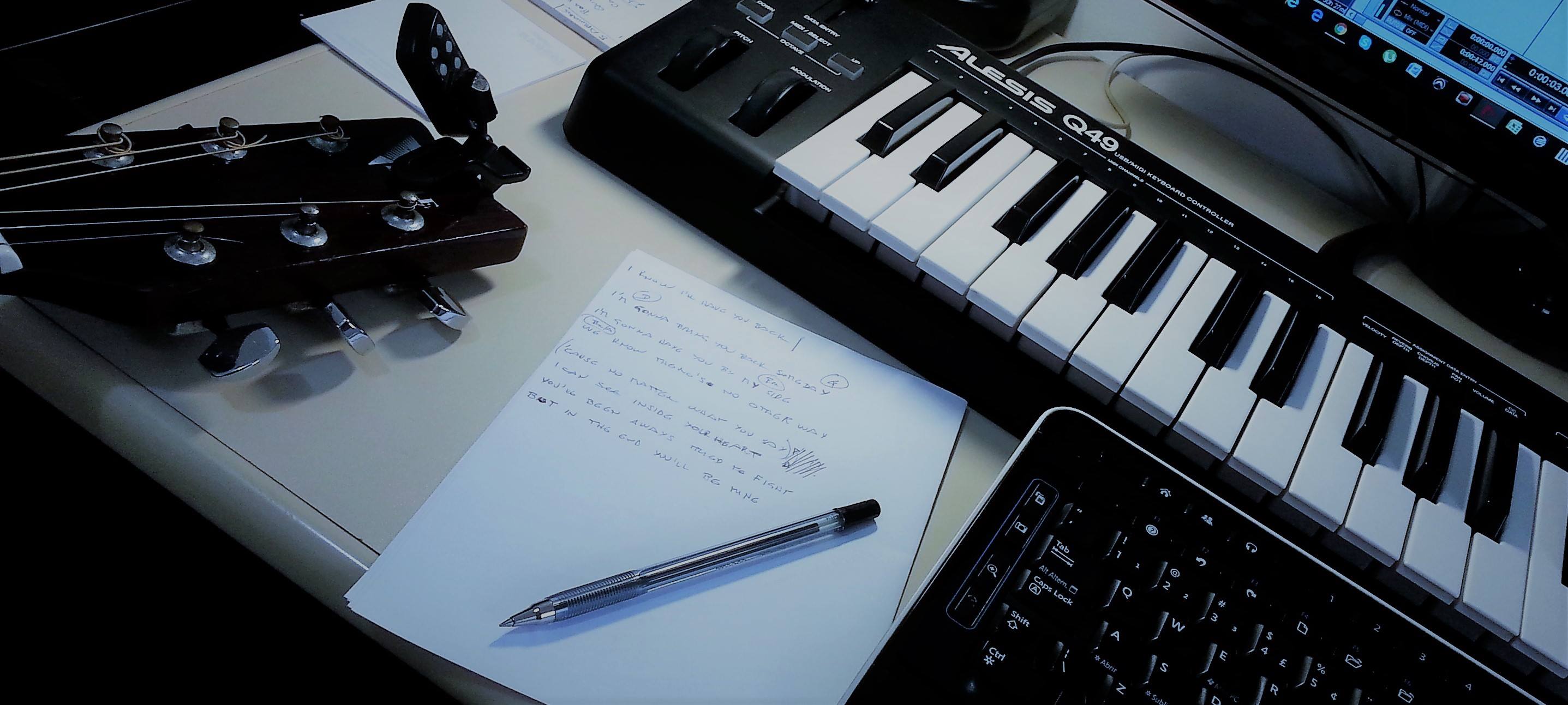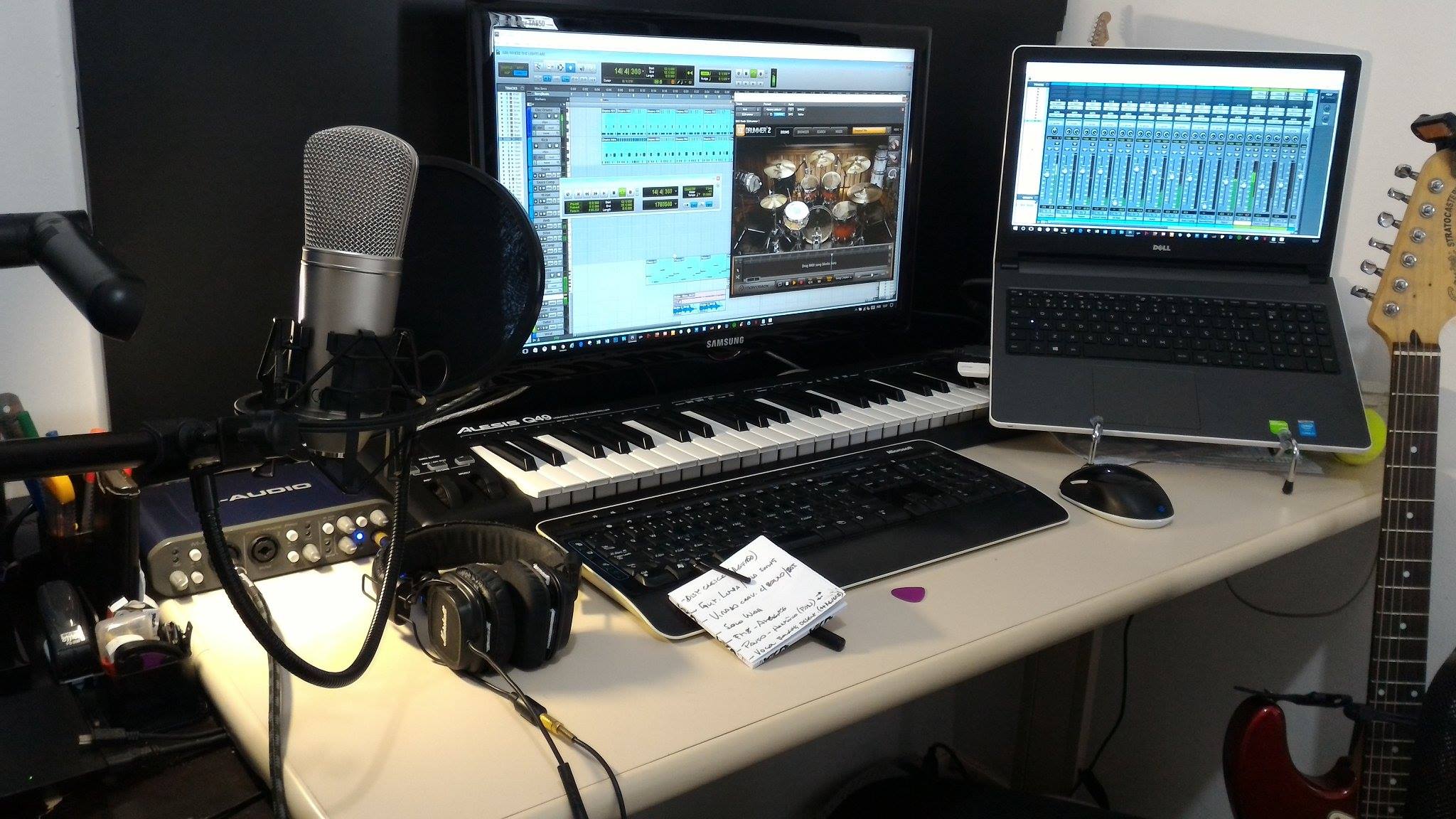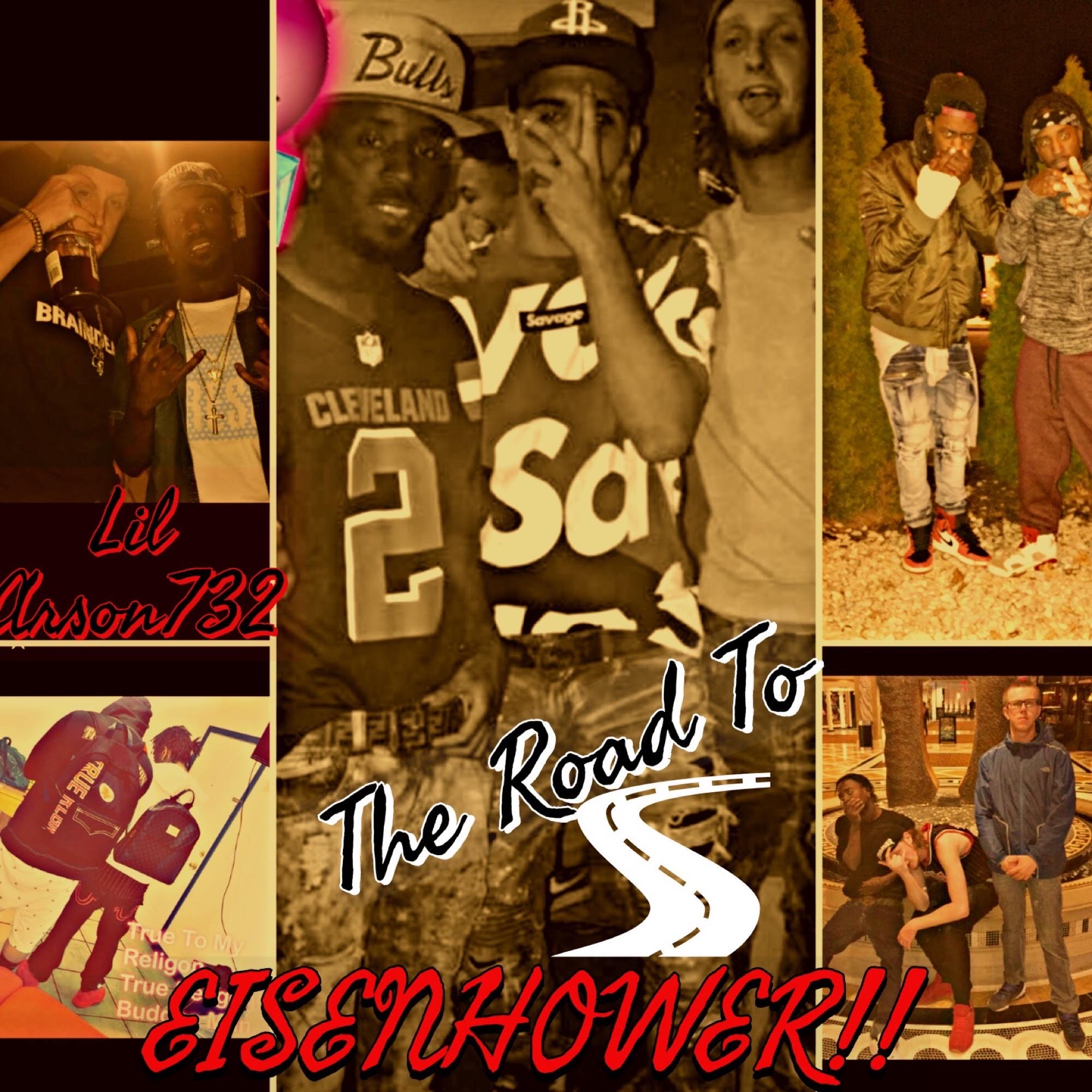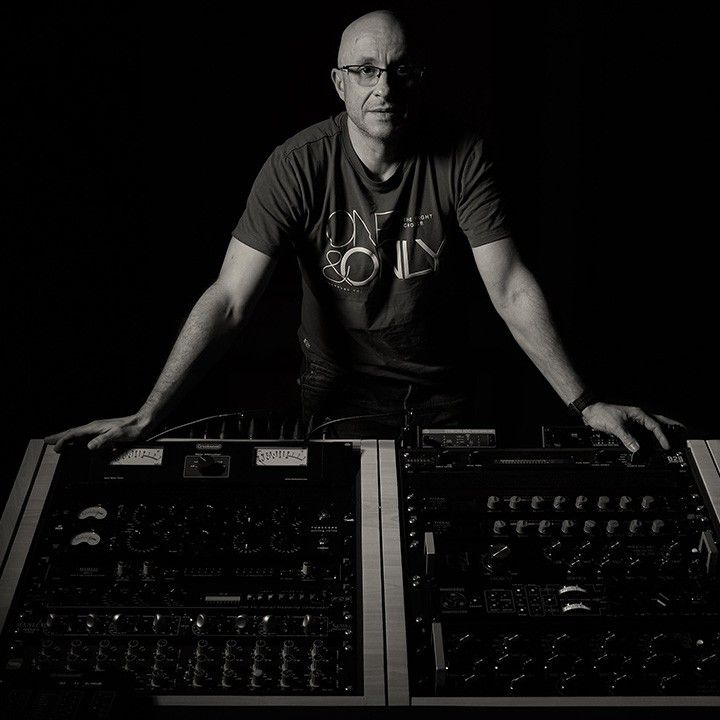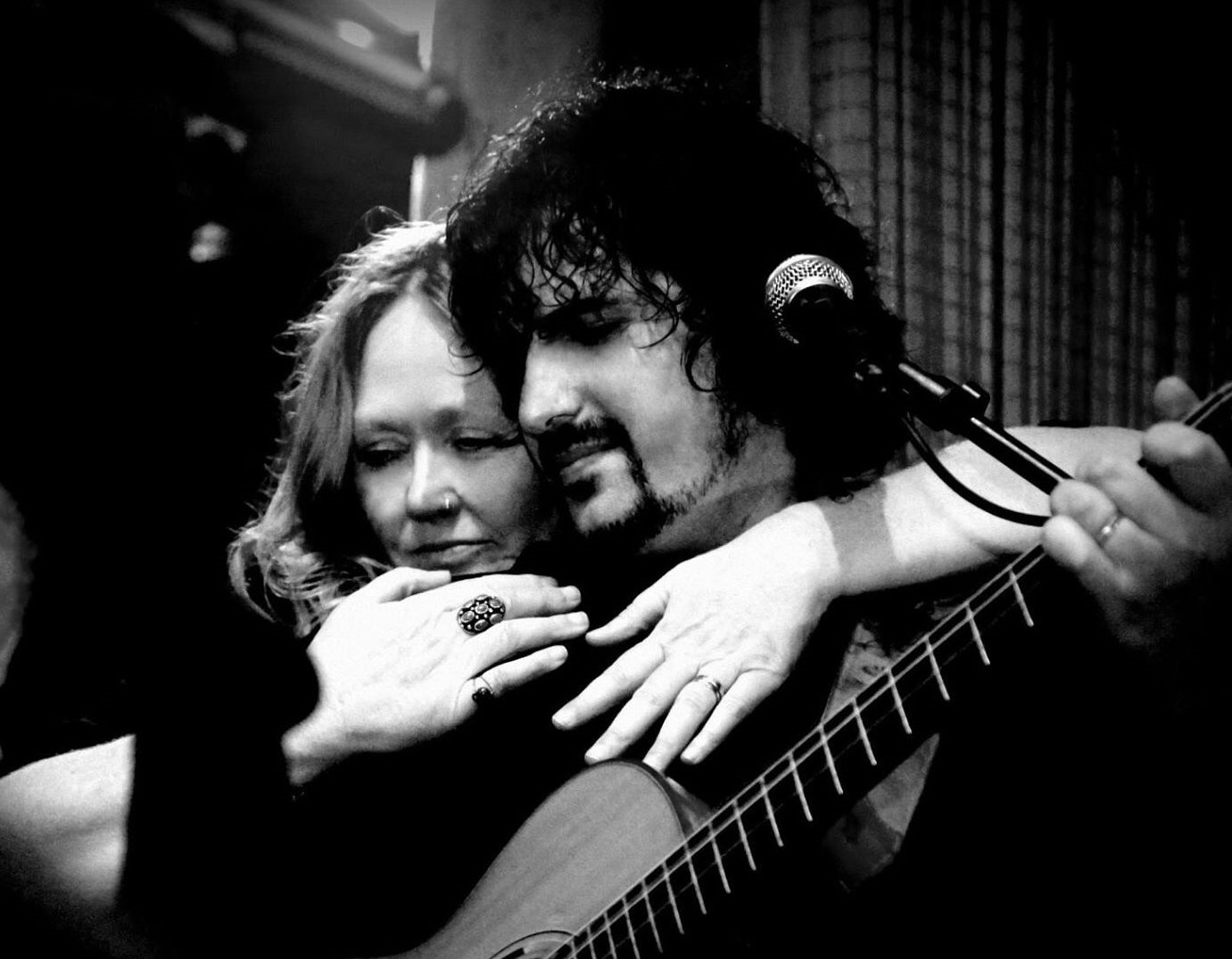From Brazil with all the love for music – Interview with Carlos Beckman
Most of us probably share the same faith with Brazilian musician and composer Carlos Beckman. We mean having to actually defend our love for music for decades before our friends and parents actually believed us it’s not a phase and it’s not something that will ruin our lives. Living in one of the most musical countries in the world, Carlos is living and breathing for music – not the one everybody listens, but the one that’s coming straight from his heart and soul. Read our interview with him, we promise you, it’s inspiring.
Hello! Tell the world about yourself. How did you grow up to become the musician you are today?
Well, it was a difficult start for me. Despite the fact I that have always loved music and showed an interest in it very early in my childhood, my family never supported this side of me. In fact, in the eyes of my parents, music has always been a threat to my studies. The irony of this is that later my main goal in studying and having a “normal job” was to get money as quickly as possible to buy my first electric guitar and all the gear I wanted (laughs).
I never had music lessons or anything like that either. The short money I had in my teenage years made me self-taught, like it or not. However, learning this way used to be much more difficult without the help of the internet or YouTube. I used to do it the good old fashioned way: sitting in front of a tape recorder, with a lot of tapes of my favorite bands, guitar on my lap and a lot of hard work.
Later, in college, I formed my first band. We were young and inexperienced, so it took a while until we had a “gigable” set. For the past 20 years I have played in several bands, some of them very famous in my area. But it was only in the last 5 years, when I was away from the stage, that I started to write. Probably the hard times I went through in that period were the “fuel” of it. So much so that all my lyrics are directly connected to some moment of my life and perhaps it is this truth that attracts people.
I’ve found that putting all these feelings on paper always makes me feel better. it gives me a perspective of things that I couldn’t get any other way. The writing led me to composing, which led me to produce and finally play other instruments. All this with the aim to be able to record my own songs, in my own time, whenever the inspiration comes.
Introduce your current musical projects and tell us what makes each one special for you!
At the moment my musical activities are totally geared towards finishing the last tracks of my album. I write, compose, arrange and record everything myself in my home studio, so what you hear when you listen to my songs is the result of several sleepless nights and lots of coffee (laughs).
Unfortunately, music is still not my main professional activity, so I do not have as much time available as I would like. However, I dedicate all my nights and weekends to this project, which is something that I always wanted to do.
Once ready, I’m going to release it (which I plan to do until the end of 2018) and see how the audience responds. Drooble has been a great tool in this regard: comments, likes and all the feedback I get are a great incentive for my work. Needless to say, my main goal today is to live only on music, whether composing, producing or writing.
You have been playing music for a long while. How do you find the drive and inspiration to keep going all this time?
I think when you love to do something it ends up being a part of you. Playing guitar is something I need maybe as much as breathing. It makes me feel focused, calm and electric at the same time.
The contact with musical production also gave me a new breath. As my own producer, I demand more and more of myself as a musician and composer. I need to be able to express everything I have in my head when I imagine the song and this can be very challenging at times. Especially when I’m playing other instruments like the piano and drums.
I’m slowly returning to the stage with other bands because I still miss it when I’m away, but nothing is more rewarding than seeing other people singing my songs. That’s what drives me now. This is what I want to pursue.
How is your local music scene in your perspective? Do you feel like you belong there?
I’m definitely not the best example of the local music scene (laughs). Brazil is a very musical country, with a huge amount of rhythms and styles.
On the one hand, this is great: We grew up under various influences, very different from each other and learning several different ways of looking at a musical instrument. On the other hand, the Brazilian market always focuses all its energy and opportunities on the “hottest musical rhythms of the time”, which practically changes every year, leaving very little space for other musical styles outside the mainstream (this is particularly worse in my area).
This makes the musician’s life difficult. To make a living you can not rely only on what you really like to play. Want to play rock? You have to wait in line because there are very few opportunities for musicians who do not follow the “herd”. If you want to play your own songs, it’s even harder. That’s why I decided to write in English. I think I can reach a bigger audience that might really like the kind of music I do.
What is your all-time favorite record and how did it change you as an artist?
This question is very difficult. I will mention two if I may, incredibly different from each other but they have both influenced me in everything I’ve done so far.
The first one would be an Aerosmith compilation called “Big Ones.” That record blew my mind when I was a teenager. I’d known very little of the band until I heard this record on a tape which I borrowed from a friend (yes, back then we used to do that). It was the first record I bought with my own money. It was the first one I remember hearing non-stop and end to end. To this day my way of playing has a hint of Joe Perry on every note. He plays with that signature “I do not give a shit” attitude, that vintage sound, and pure feeling. It’s raw, furious and it goes straight to the point. And then you have Steven Tyler? The guy is simply a monster on the vocals and his lyrics are outstanding. For me, it’s rock n ‘roll played the way it’s meant to be.
The second album is Tracy Chapman’s debut album. I warned you, both records are incredibly different from each other! (laughs). I’m a big fan of her and I think she has one of the most perfect voices that has ever accompanied an acoustic guitar. Her lyrics, both romantic and engaging, are simply perfect. I have several compositions inspired by her style. You can see a lot of her influences on the way I’ve written “Bring You Back”, for example.
What are your favorite software and hardware tools for music production?
I started using Cubase many years ago, then I moved to Nuendo 4 and used it for a long time. Both are easy to use and sound great. I think Steinberg did a great job with these DAWS and they are always my first suggestion when someone asks me where to start from.
I’ve never been an Apple fan so it took me a while to get access to Pro Tools on windows. But when I tried the HD version I really felt the difference in the mix. I just couldn’t go back. I have been using it ever since. However, I had to upgrade my computer in order to use the software decently, but in the end, it was worth it, even though Cubase does some things much more easily.
I usually use the native Pro Tools plugins, which are great, but I also love the Fab filter plugins. Their equalizer is spectacular.
In a matter of hardware, I am very minimalist. I use an Alesis keyboard controller, an external M-Audio audio interface, and a Behringer FCB1010 pedalboard to control the Amplitube 4.
I can’t make much noise during the night, so I usually use my Sony MDR 7506 headphones for editing and mixing. They are my faithful companions. They are very accurate in monitoring and allow you to hear even the smallest details.
I also have some Shure directional and condenser mics for recording vocals and acoustic guitars.
What is your songwriting process like?
I don’t really have an organized songwriting process. Sometimes I have some ideas while I’m practicing or just playing for fun. I always have a digital recorder ready (or the cell phone) to capture all these riffs and themes that just appear. In this case, I start composing the instrumental part first. The melody of the vocals might come along in the process, the lyrics, however, come only when I focus on writing them.
I’m often inspired by certain events. Something that has happened to me, a movie I saw or an idea that has come from a completely different source. I focus on the theme and write freely, without worrying about the rhythm or the melody. Then I might search for a piece of music I’ve recorded previously that might fit well the new theme and I end up adapting and uniting the two. I often compose in my dreams too! (laughs). When it happens, I jump out of bed and record everything I can remember on my cell phone (whenever I can remember it). Believe it or not, “The Call” was made just like that! The melody and the main riff came to me while sleeping.
Out of all the live shows you played, which one was the most memorable, and why?
The most memorable show I did was many years ago when we opened for a big pop band here in Brazil. The show was on the beach, on a full moon night and the place was packed. We did not play on the same stage as the headliner but rather on a side stage, smaller and less protected. Our band was on fire that night and the audience was totally in the vibe. It was a great show.
But three or four songs before the end of the performance a very strong wind appeared just before it started raining. The fragile rearguard of the stage did not withstand the strong winds and fell, leaving the band vulnerable to all the sand and water that would hit us.
But what really struck me is that despite having played guitar without barely being able to open my eyes, the audience jumped and sang more and more, especially when the rain began to fall. I lost some good equipment due to the sand that night, but it was totally worth it.
What is your biggest musical goal?
I always like to focus on the next goal. Today that would be to release my album on all possible platforms. After that, to be recognized as a musician and composer and then to start making a living with my music. However, my biggest goal is I guess the same for every artist – to be able to win the audience by doing what we really love.
How has being on Drooble helped you as a musician?
Feedback from other artists is undoubtedly what makes a difference in Drooble. It is very rewarding to meet people who like my music and it is even better to know that we share the same passion and goals. Listening to the radio on Drooble is an excellent tool for benchmarking and discovering new bands from all over the world. The outreach tools are smart and the system works well. It’s a great idea and has the potential to become the next big thing in the industry.

